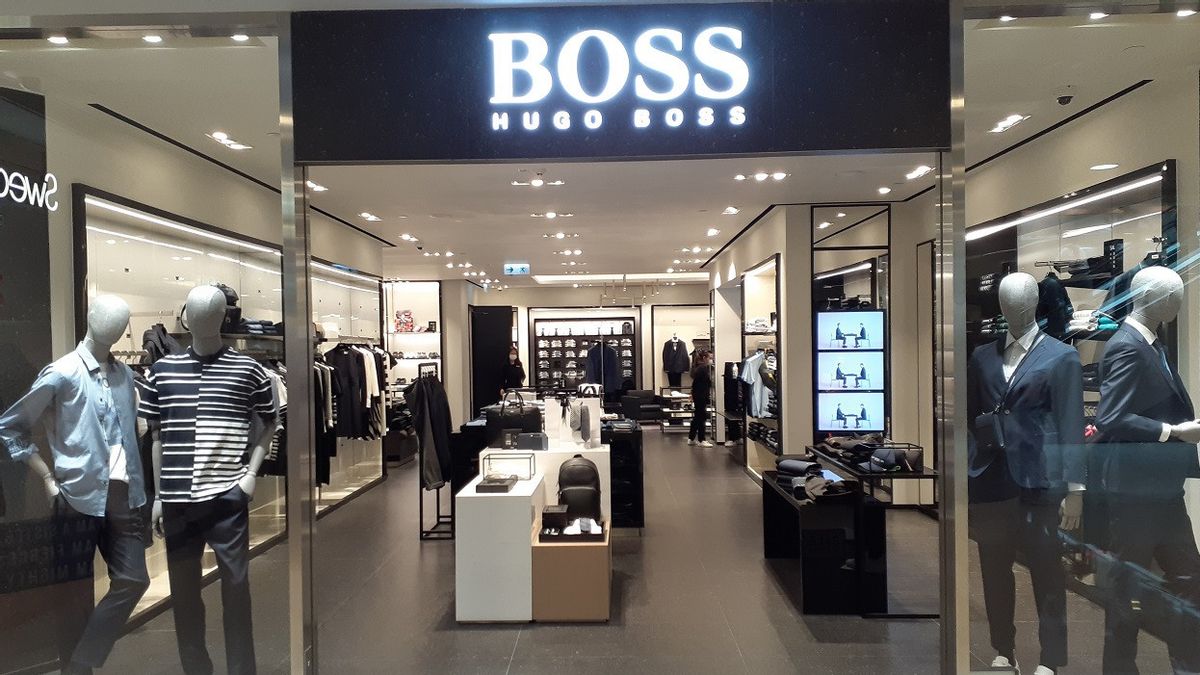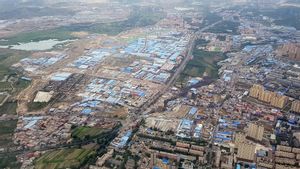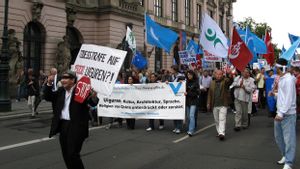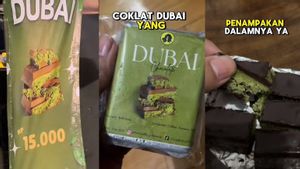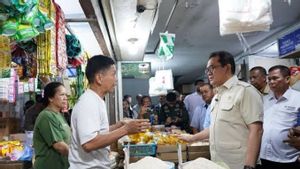JAKARTA - Again, world fashion brands are stumbling over the Xinjiang problem and are in danger of being boycotted in China. This time, it was Hugo Boss's turn to comment on the issue of forced labor in Xinjiang.
Besides being threatened with a boycott by the public, being attacked on social media, Hugo Boss was also left behind by three Chinese celebrities who had previously worked with them.
Among the celebrities who ended their contracts with Hugo Boss was actor-singer Li Yifeng. In a statement issued by his agent on microblogging site Weibo, he will work with brands that specifically support and buy cotton from the Xinjiang region.
Chinese netizens accuse Hugo Boss of being "two-faced" of Xinjiang. A number of netizens vowed to boycott Hugo Boss forever.
"Two-faced people are the most disgusting. I will boycott you forever," said one Weibo user.
Hugo Boss, in a Weibo post on Thursday, said he would continue to buy and support Xinjiang cotton. However, on Friday it was called the announcement as not an official upload and then deleted the post.
In an email to Reuters on Friday, company spokeswoman Carolin Westermann said an undated English statement on her website stating that "so far, Hugo Boss has not purchased goods originating from the Xinjiang region from direct suppliers" is his official position.
On Saturday, Hugo Boss' Weibo account issued a statement, appreciating all long-term relationships with Chinese partners. China's Hugo Boss did not immediately reply to a Reuters request for comment.
Before Hugo Boss, a number of other brands experienced the same thing in China. Such as British luxury Burberry and Swedish fashion retailer H&M.
New Balance, Under Armor, Tommy Hilfiger, and Converse, which is owned by Nike, are among the companies that have come under fire in China for claims that they will not use cotton produced on Chinese soil because of alleged forced labor.
The United States on Friday condemned what it called a "state-led" social media campaign in China against them and other international companies, for deciding not to use cotton from China's Xinjiang region on the issue of forced labor. China's foreign ministry did not immediately respond to a request for comment from Reuters.
SEE ALSO:
It is known that UN human rights activists and experts accuse China of using mass detention, torture, forced labor, and sterilization against Uighur Muslims in Xinjiang. China denies these claims and says its actions in the region are necessary to counter extremism.
Meanwhile, the United States and other Western countries have imposed sanctions on Chinese officials for human rights violations in Xinjiang, which the United States says constitutes genocide.
The English, Chinese, Japanese, Arabic, and French versions are automatically generated by the AI. So there may still be inaccuracies in translating, please always see Indonesian as our main language. (system supported by DigitalSiber.id)
